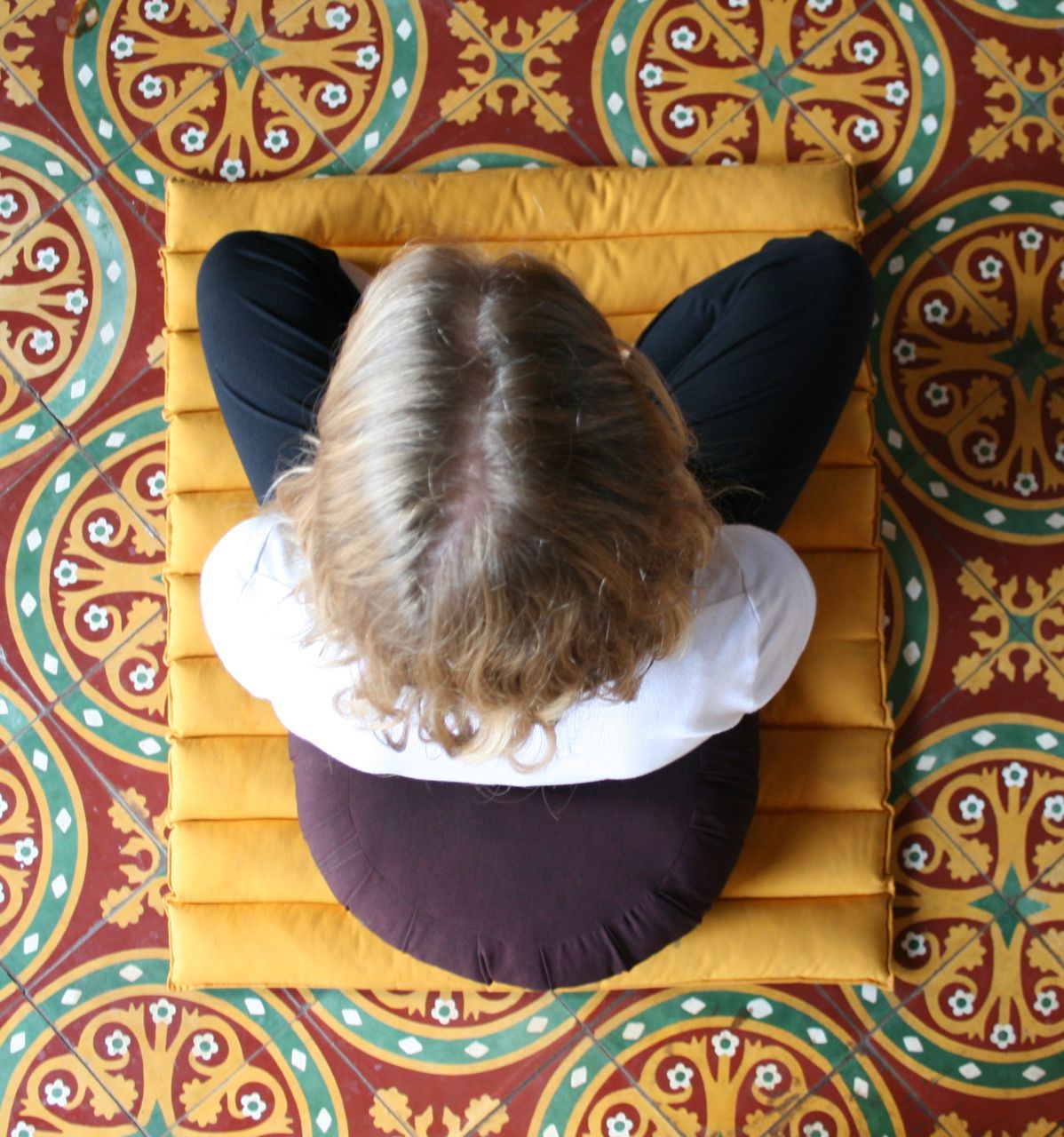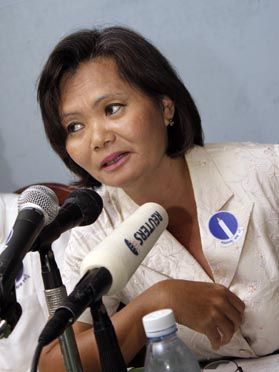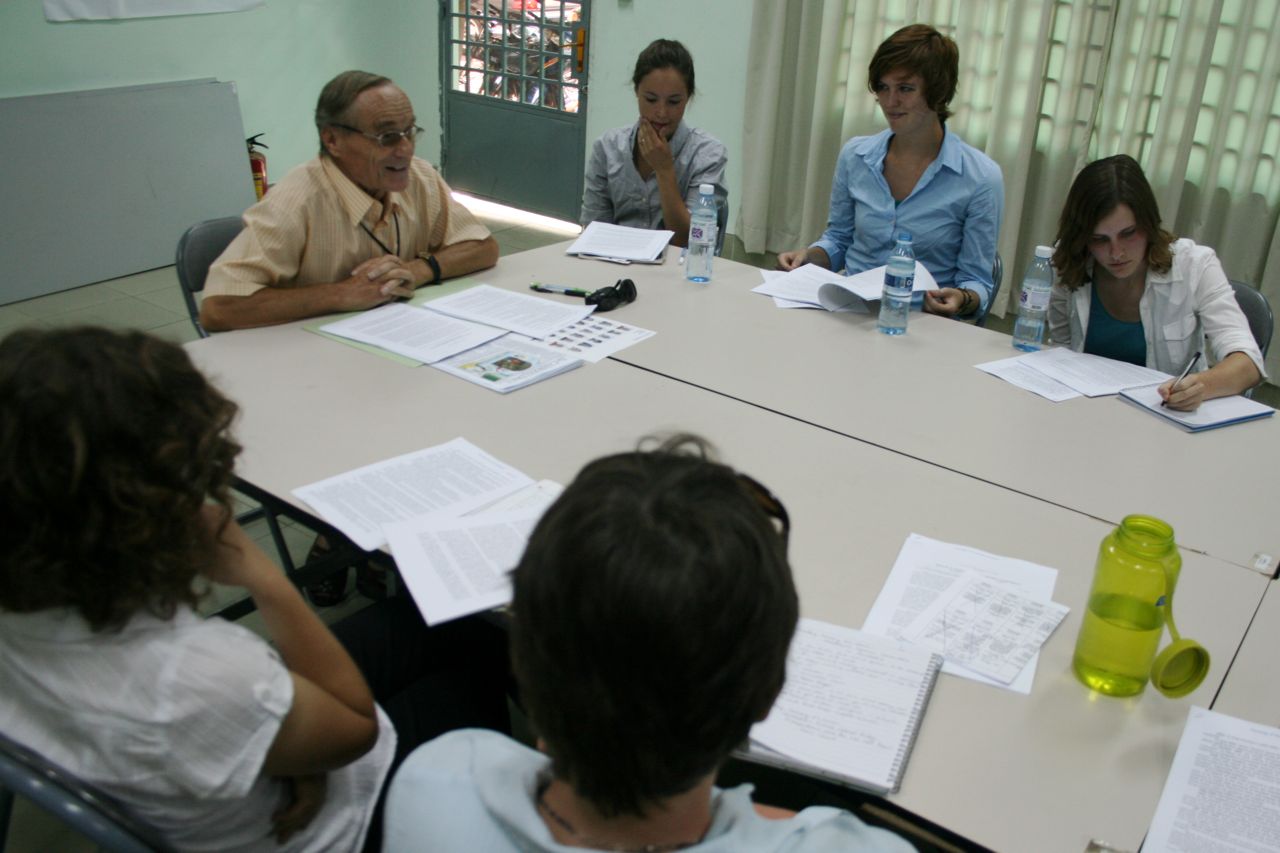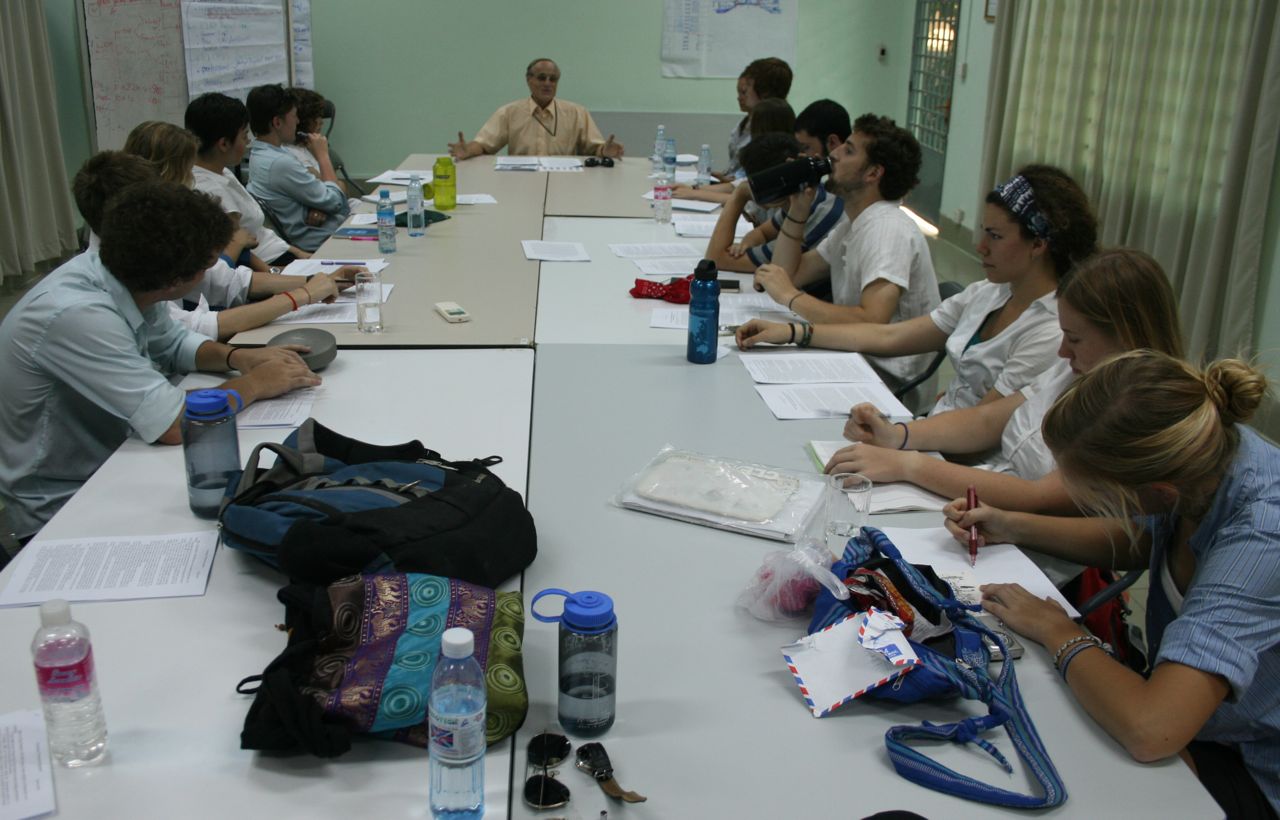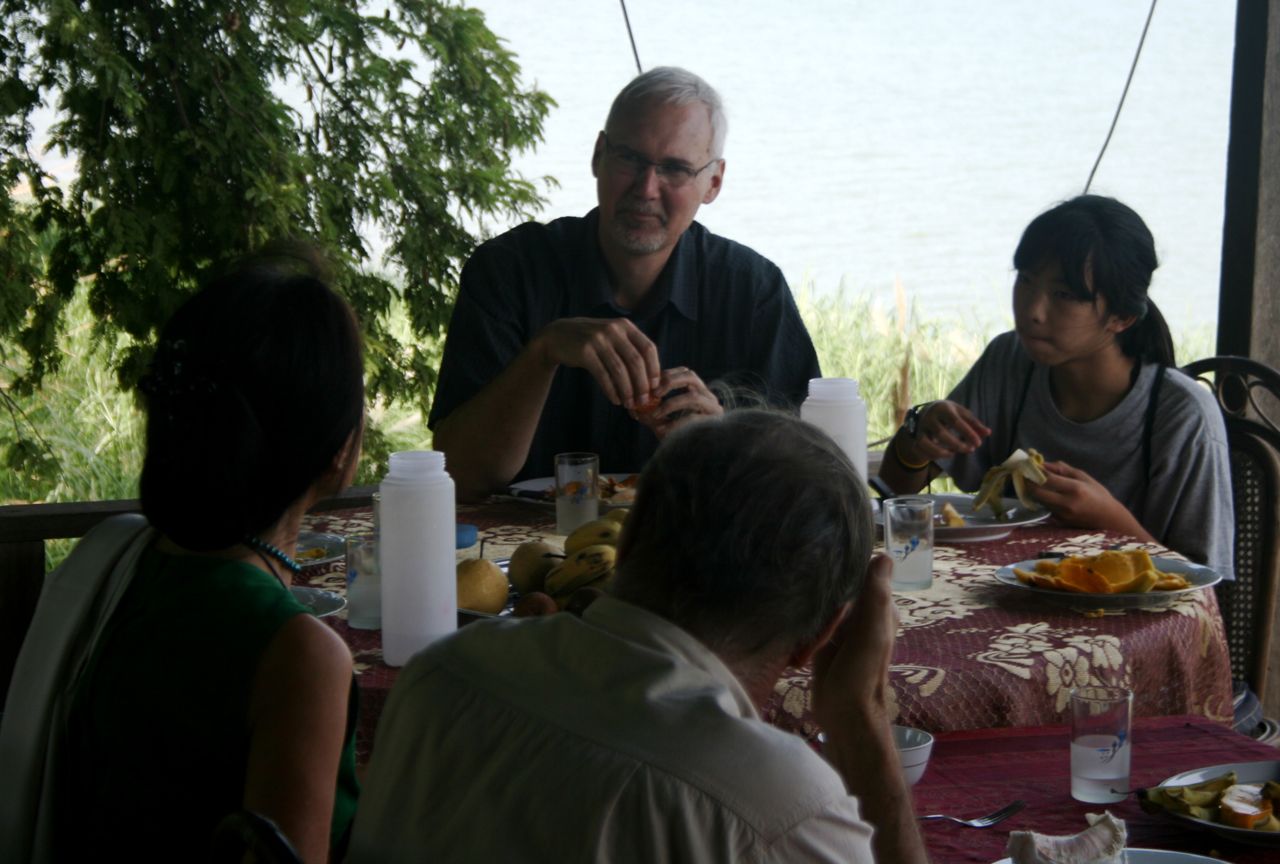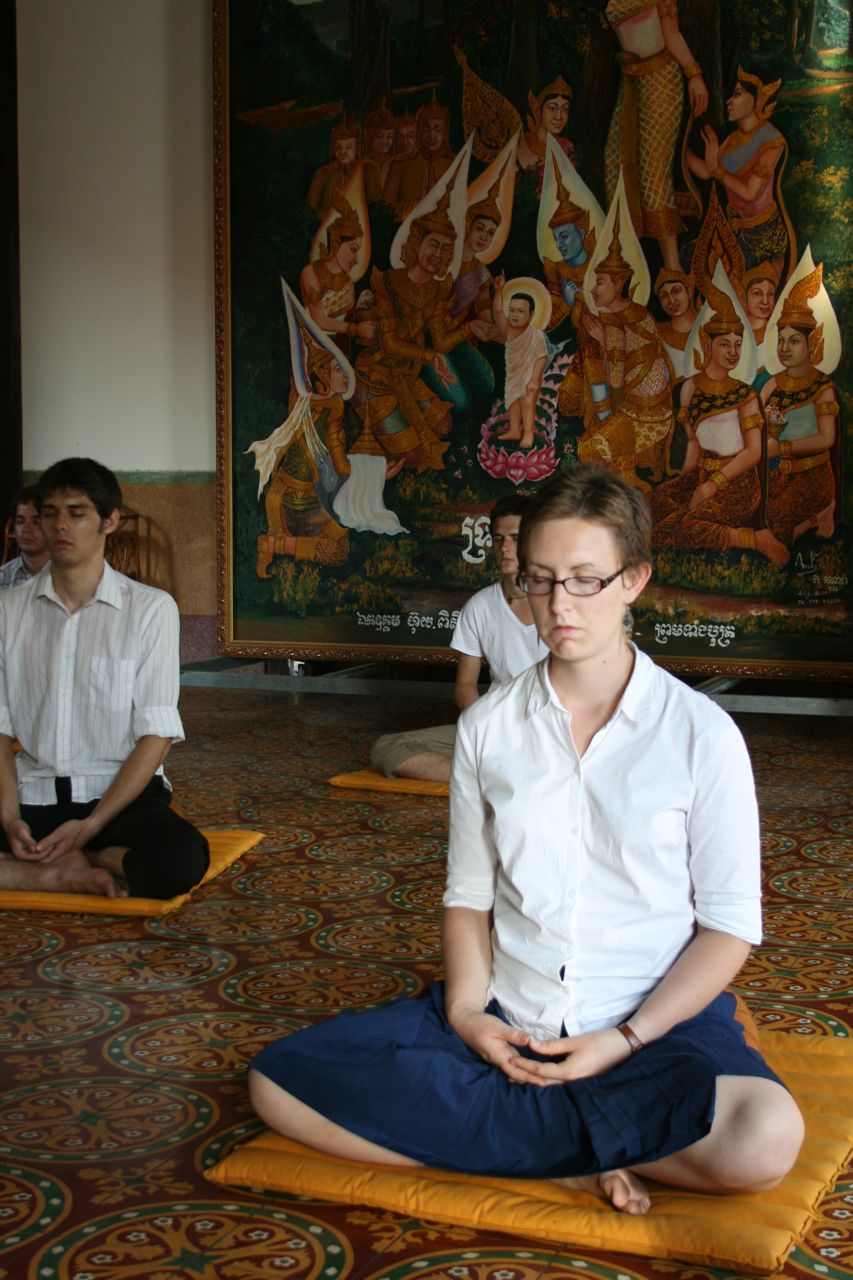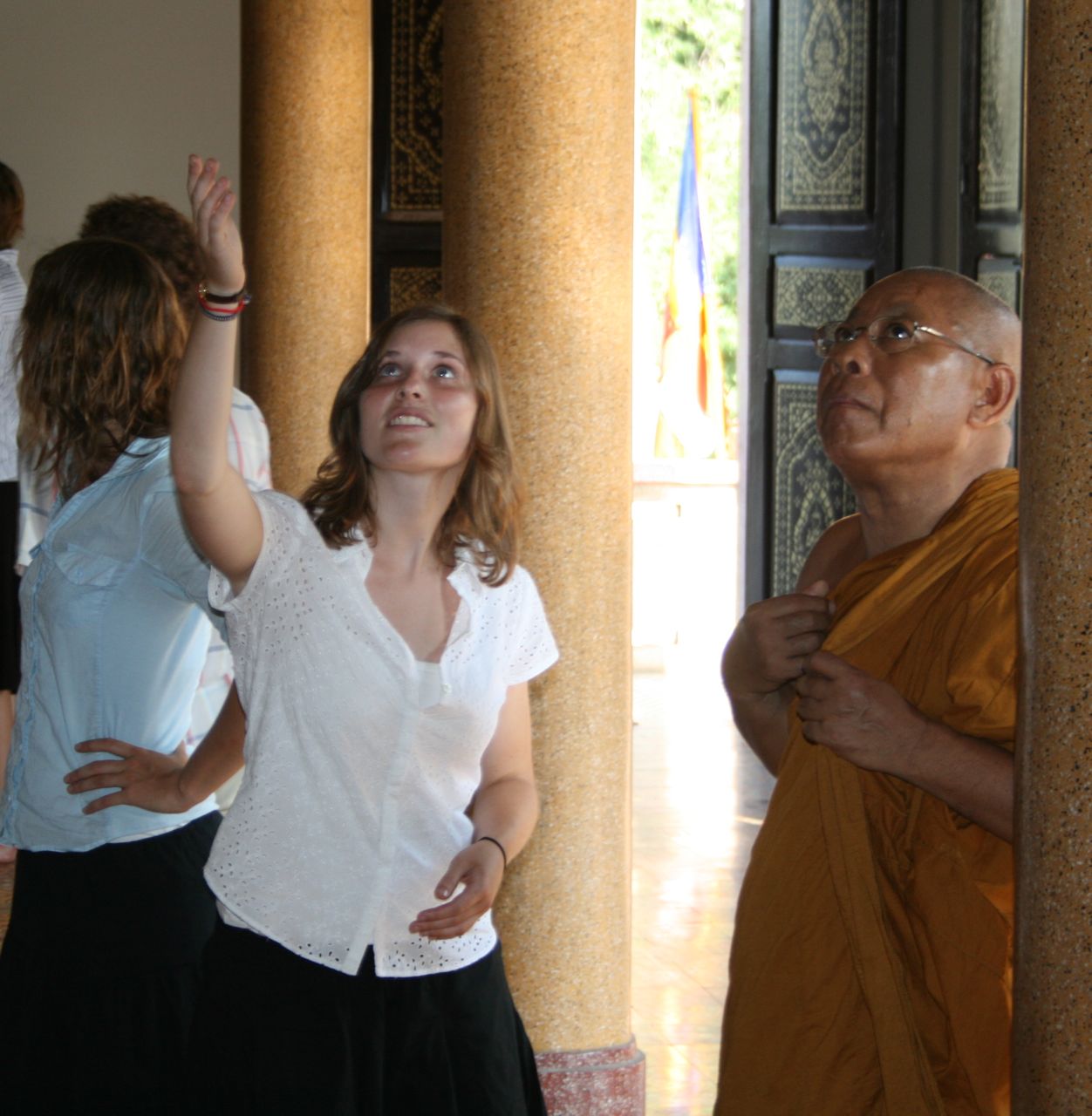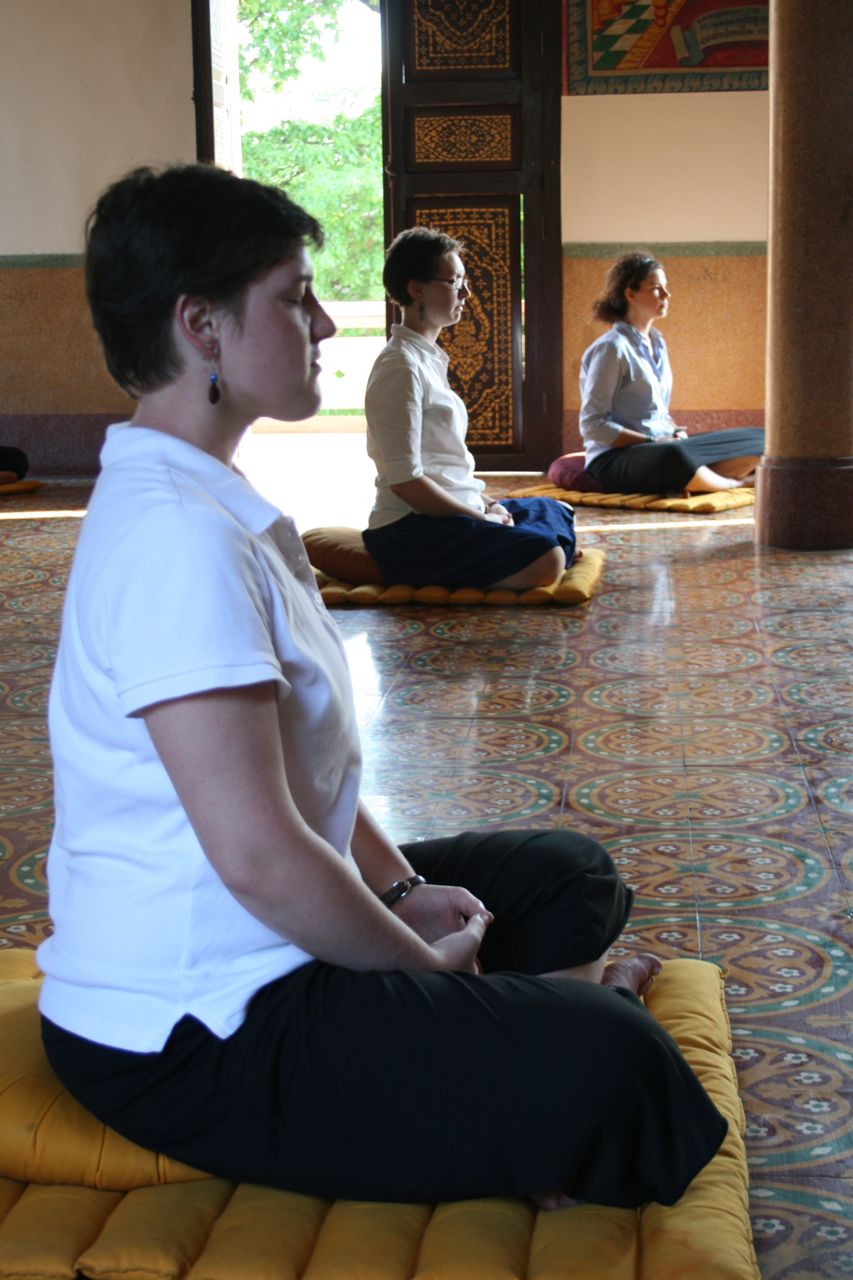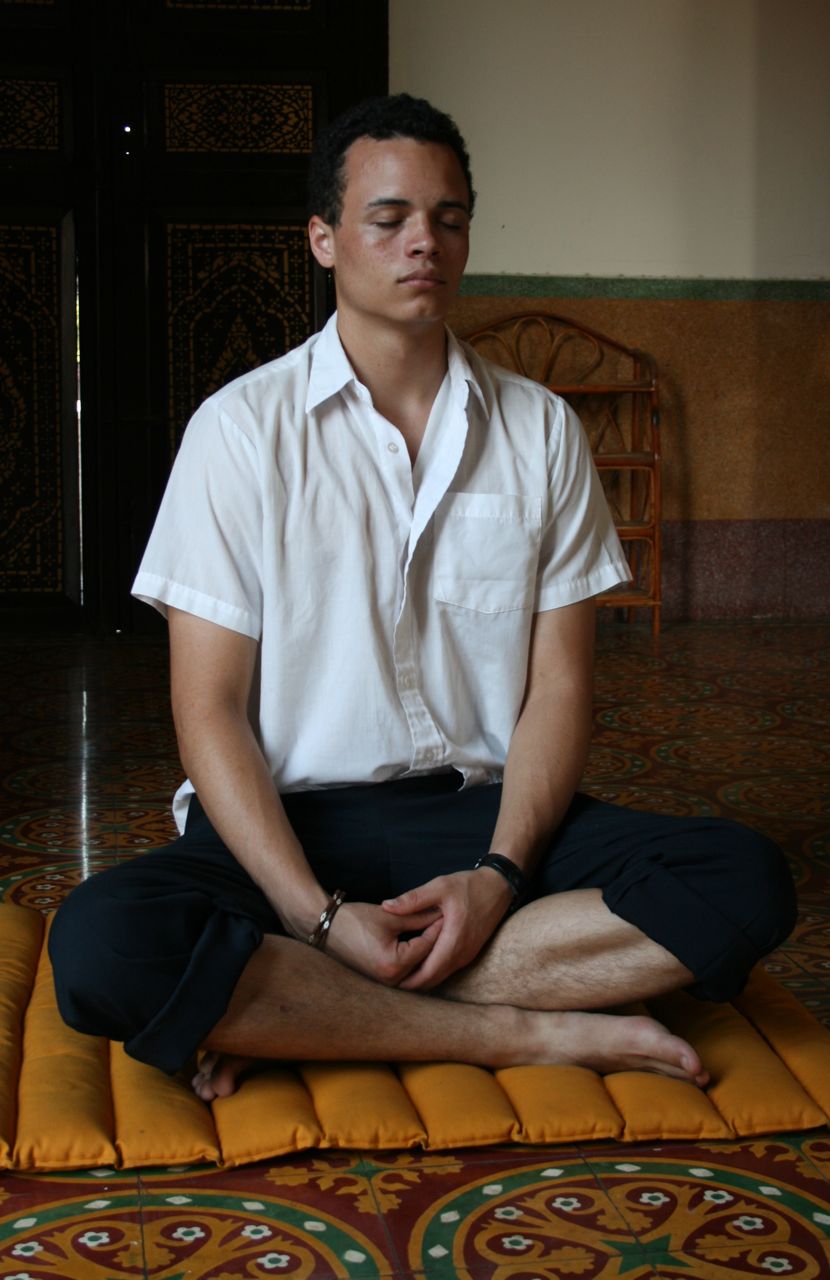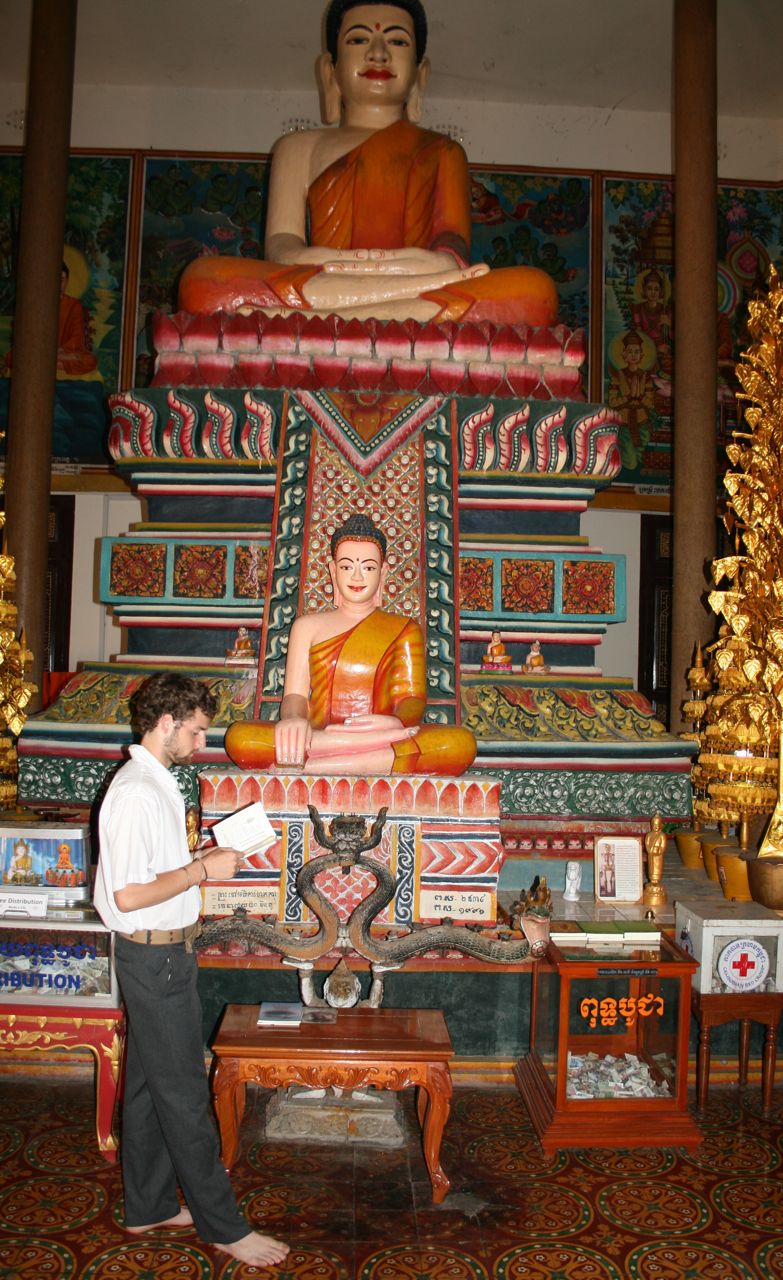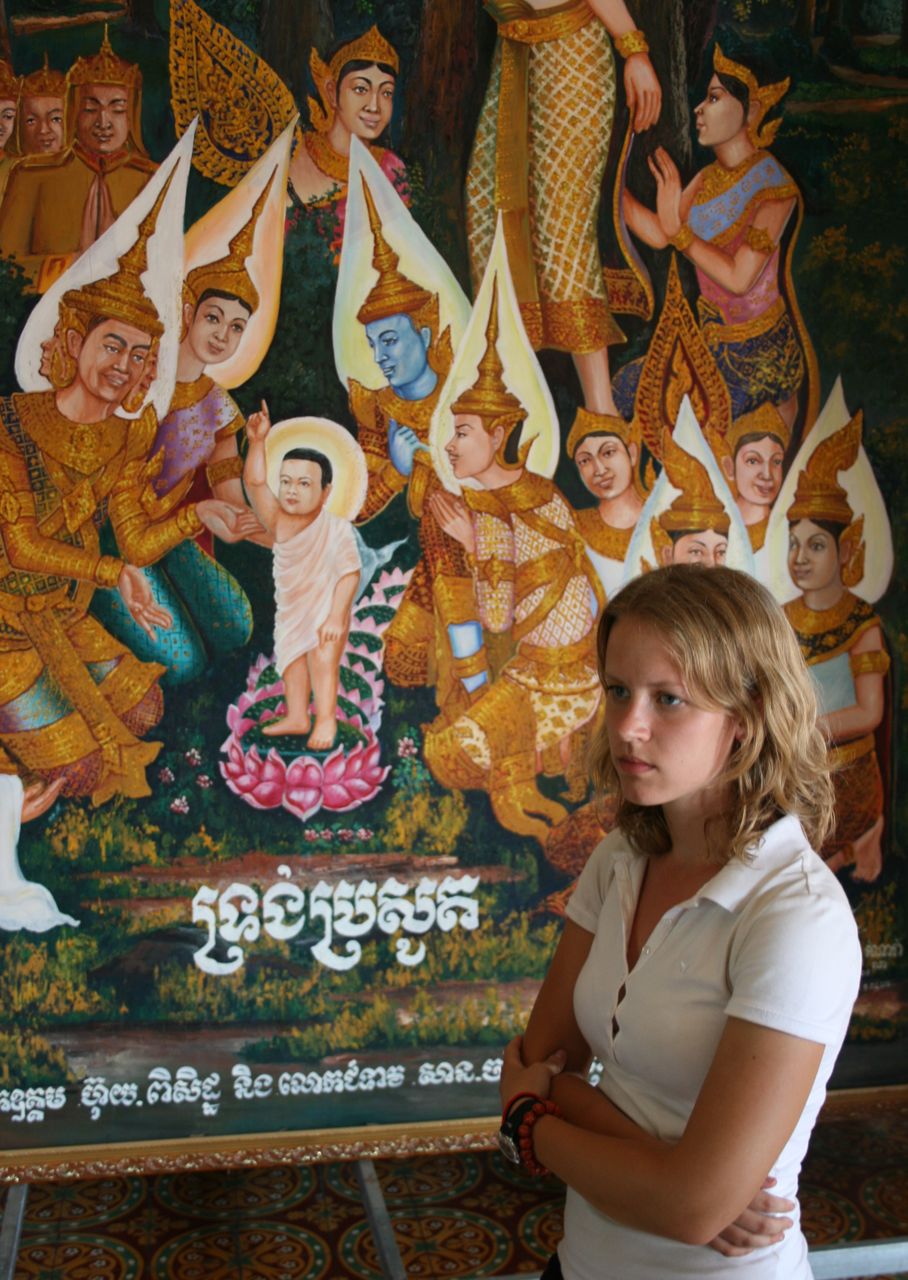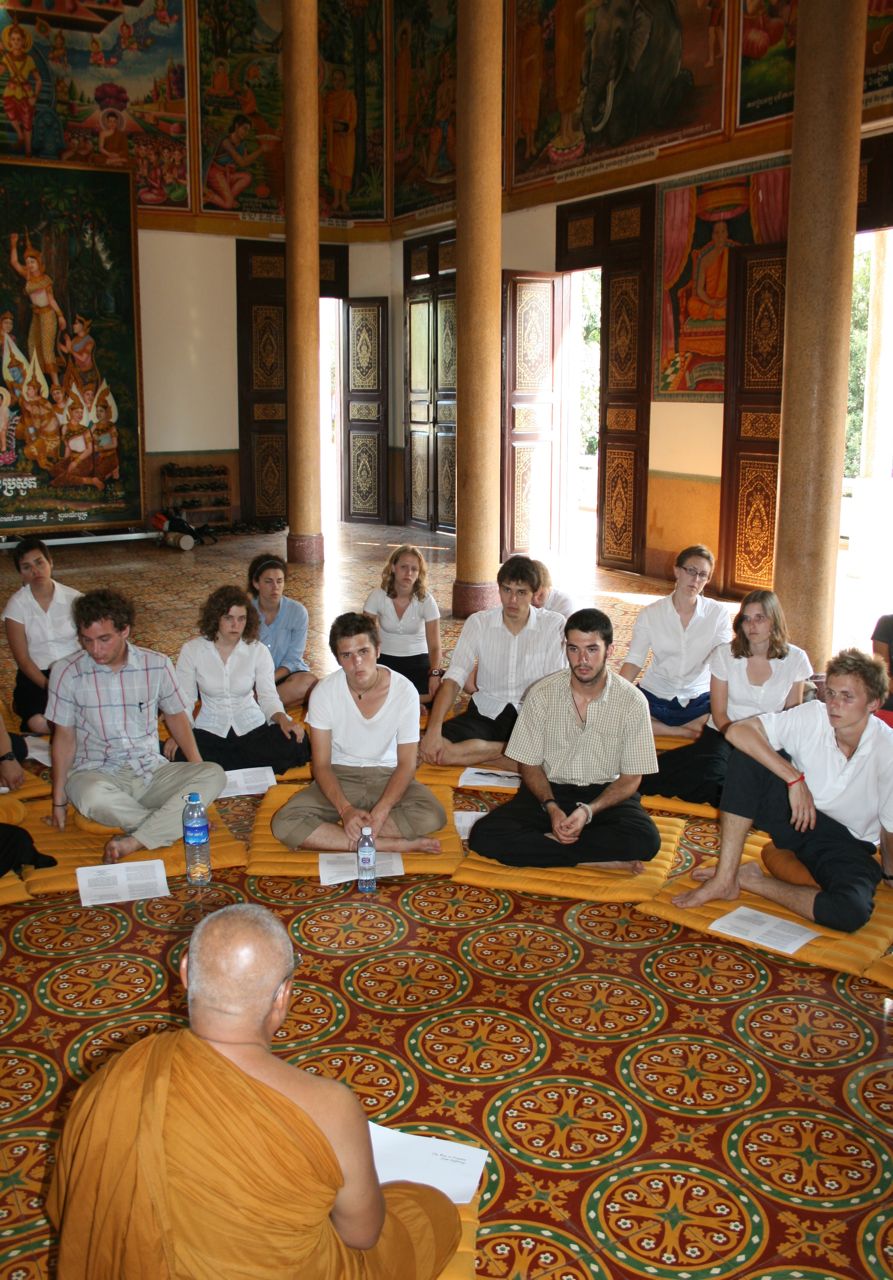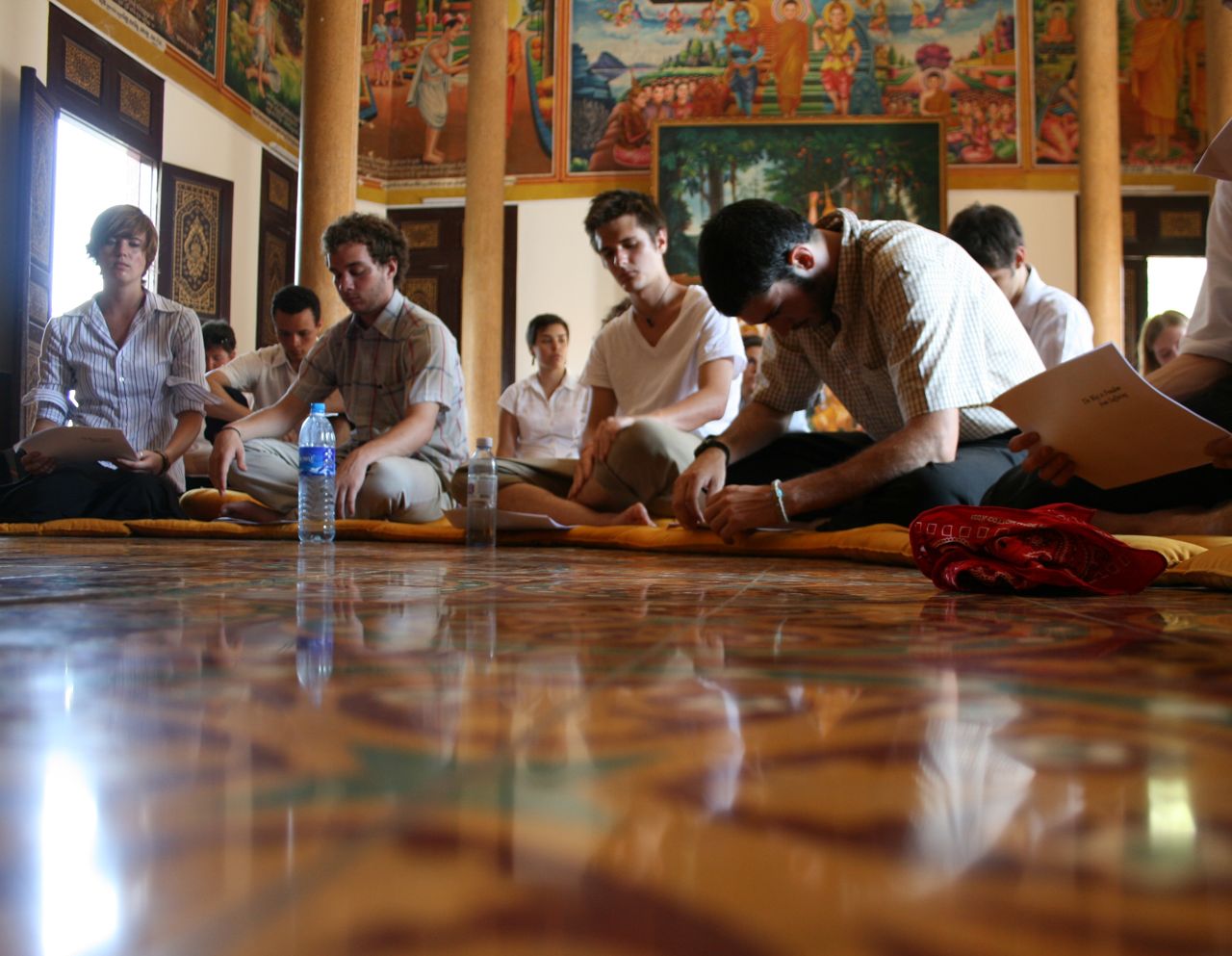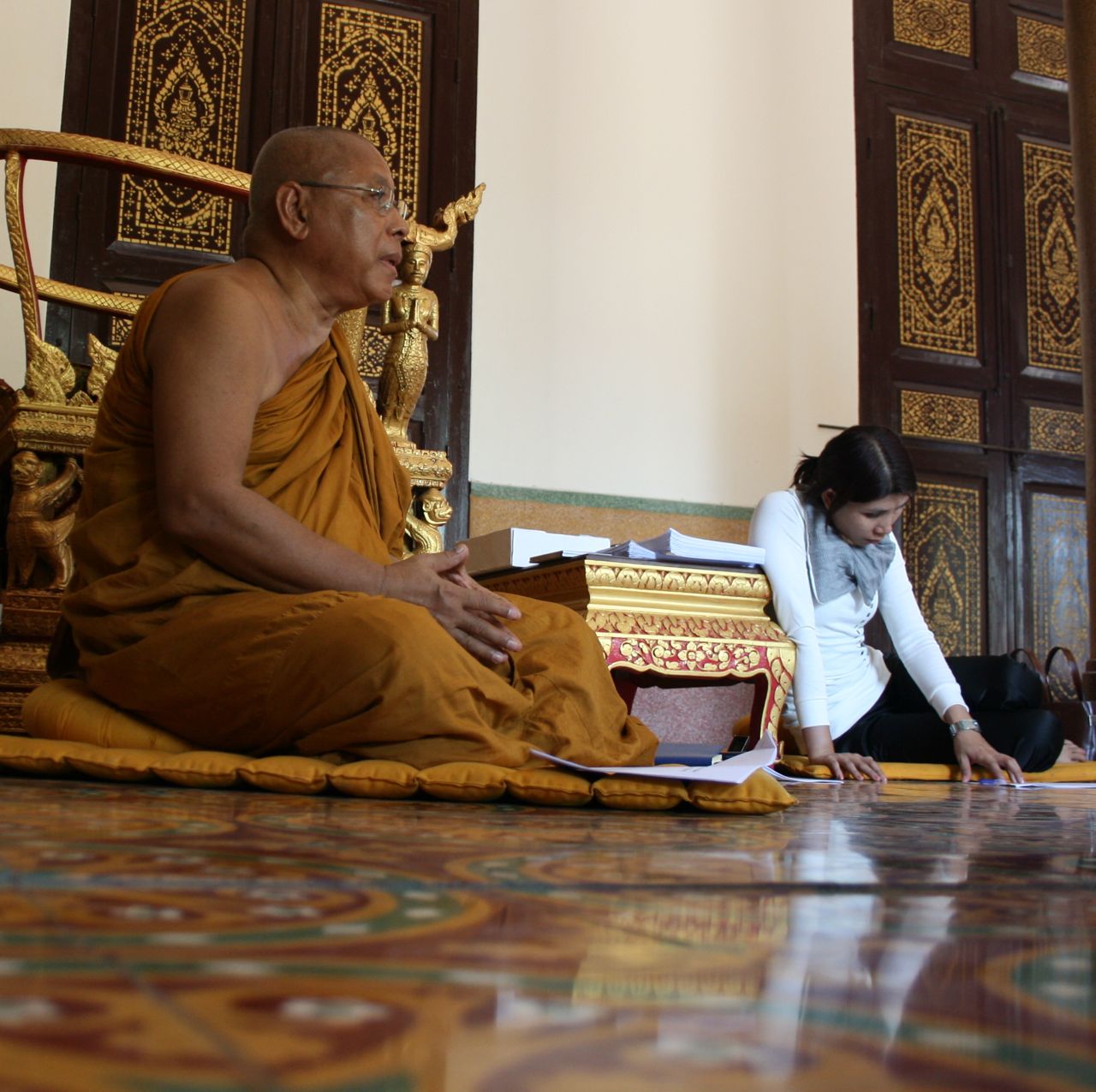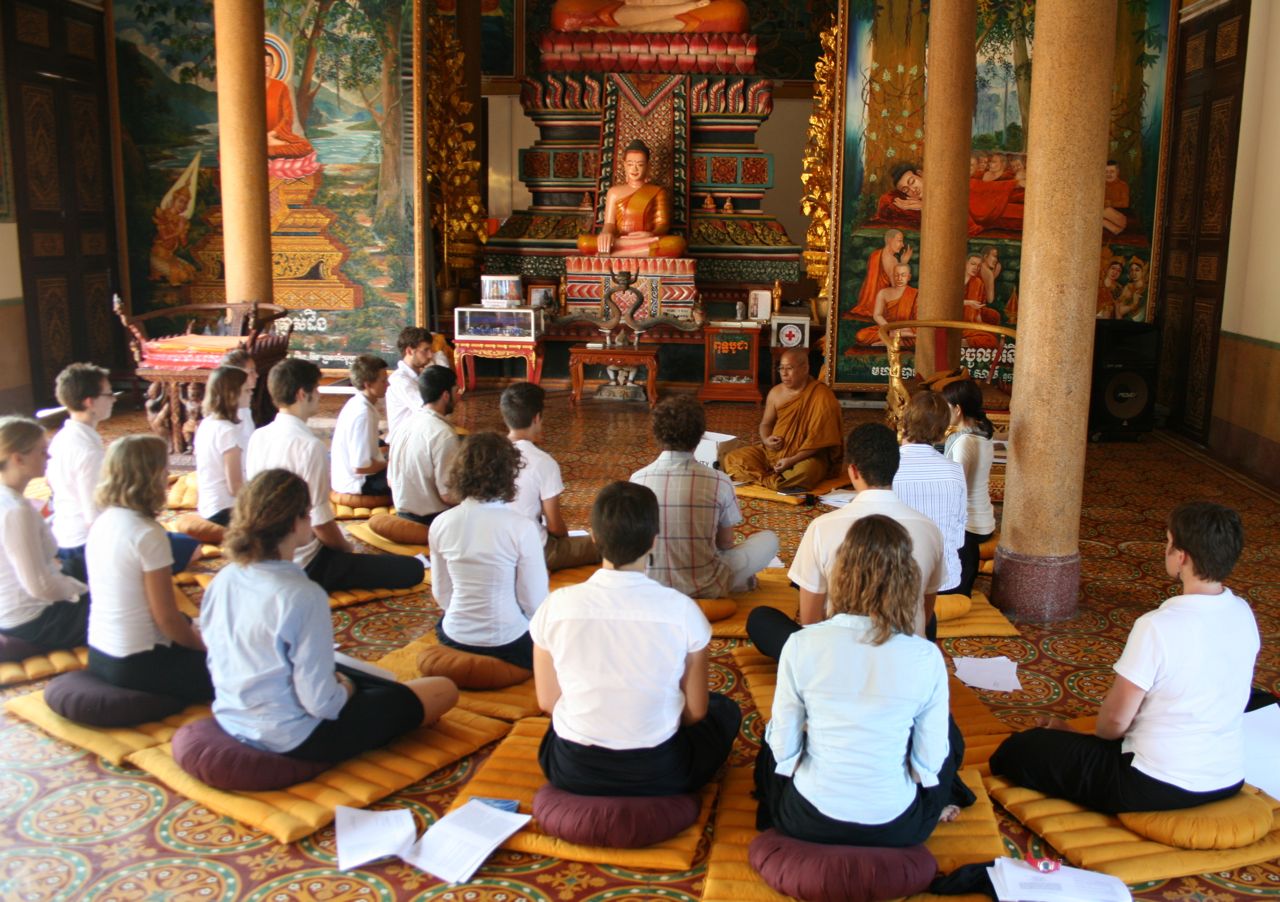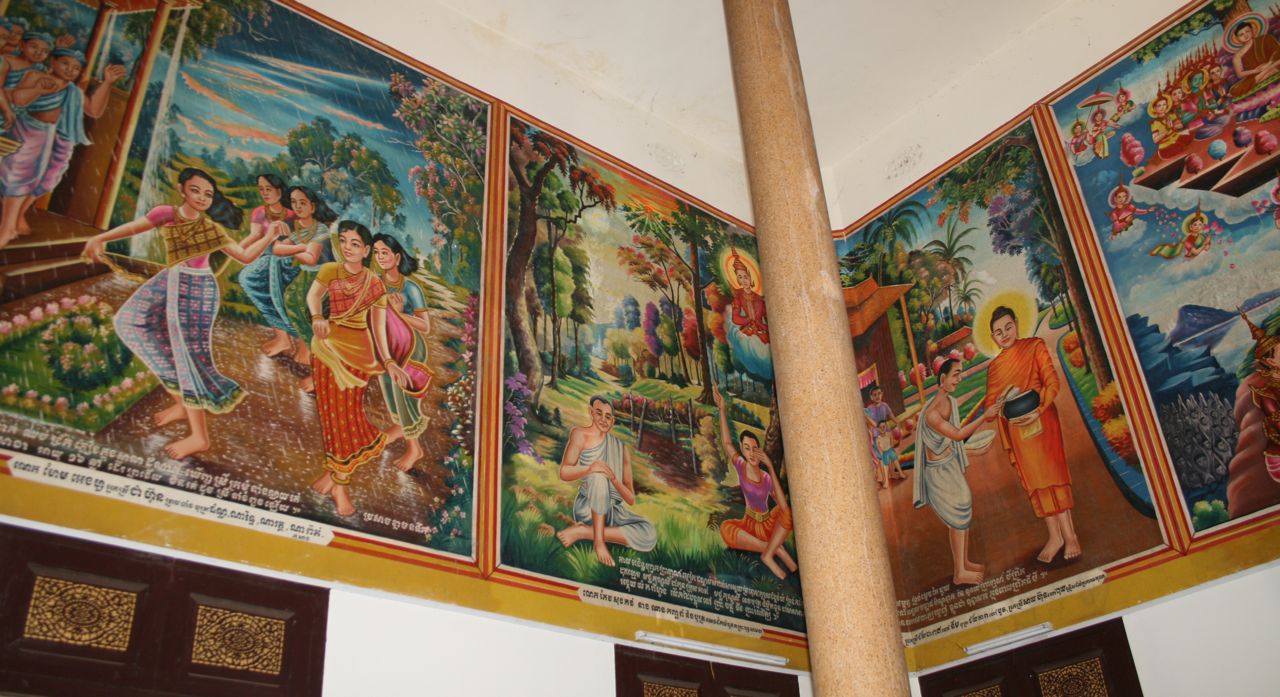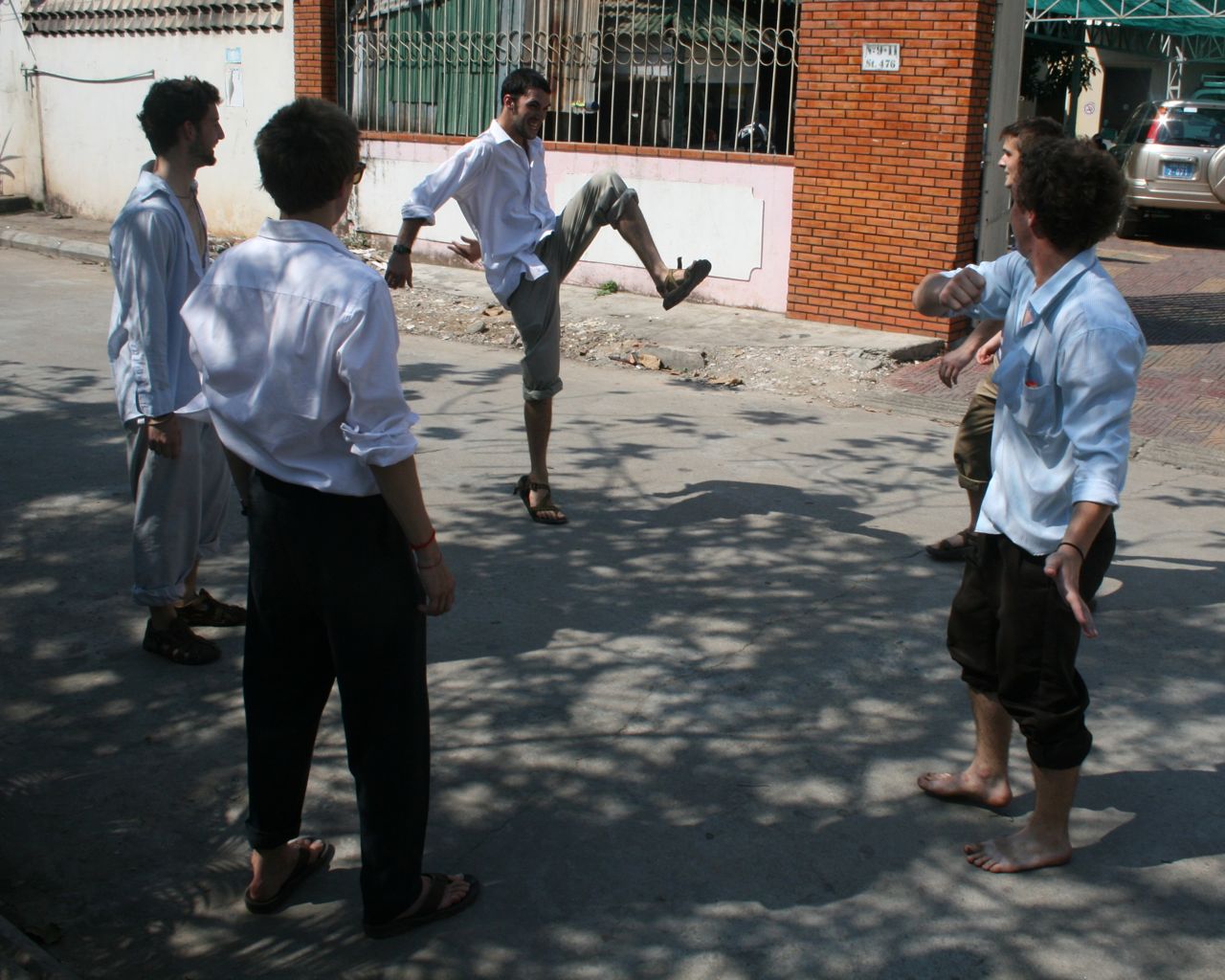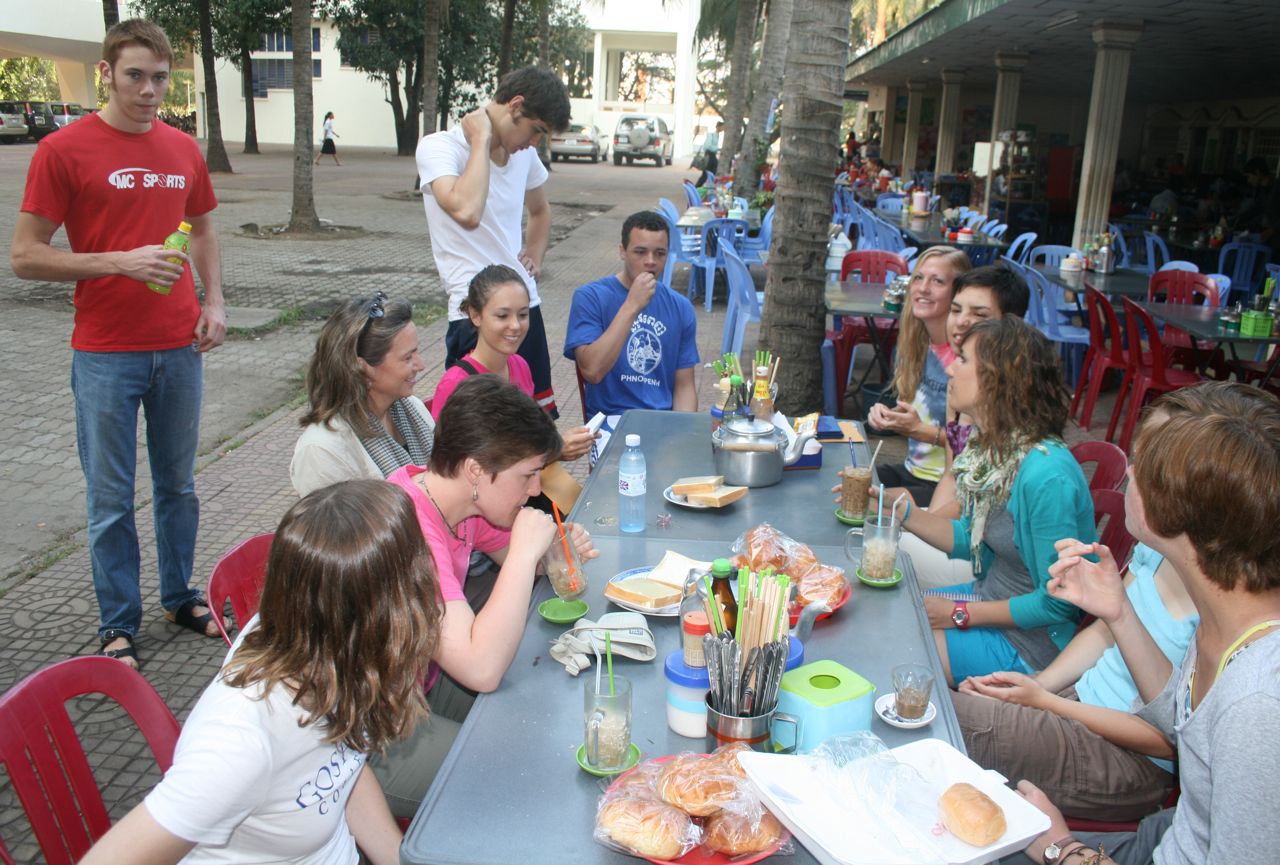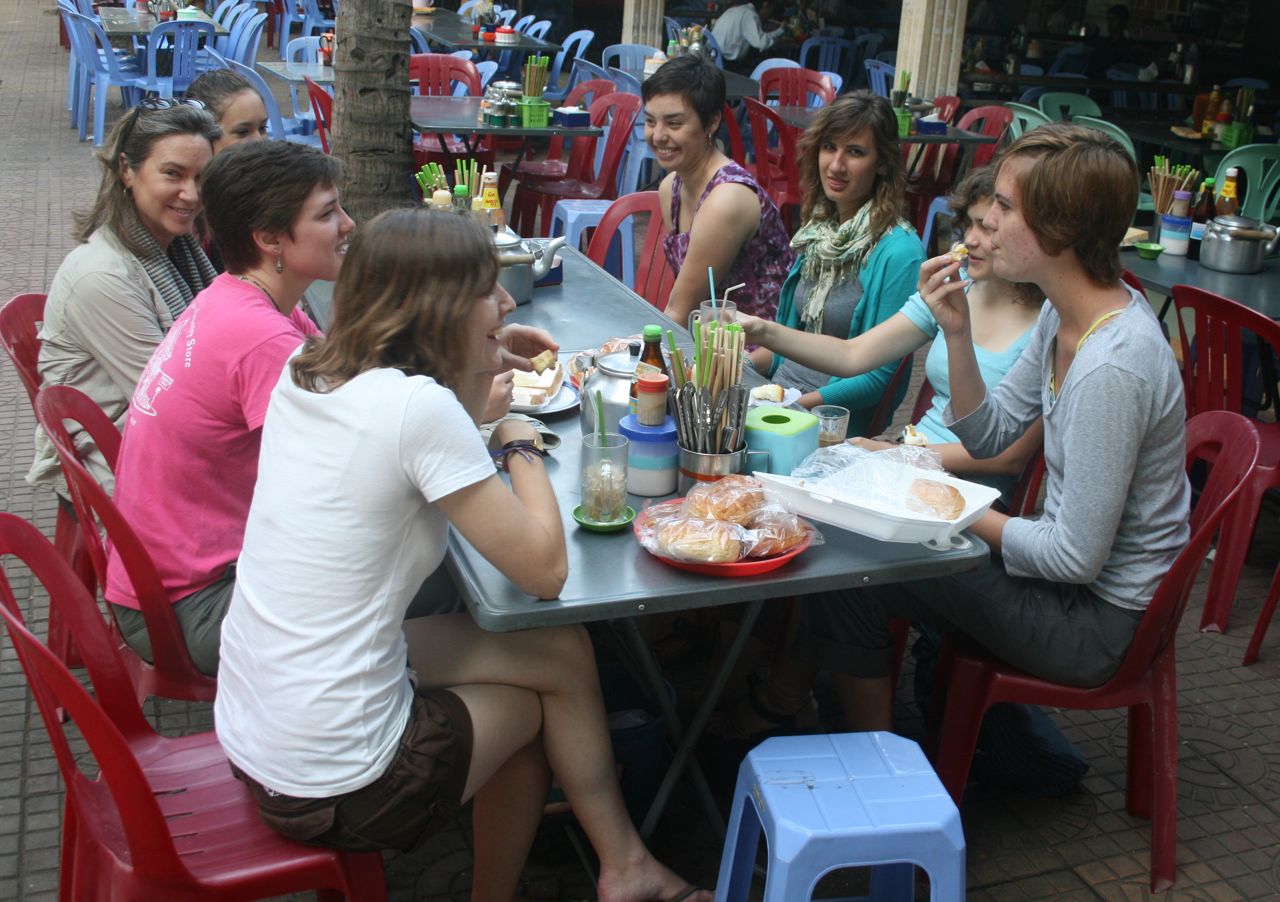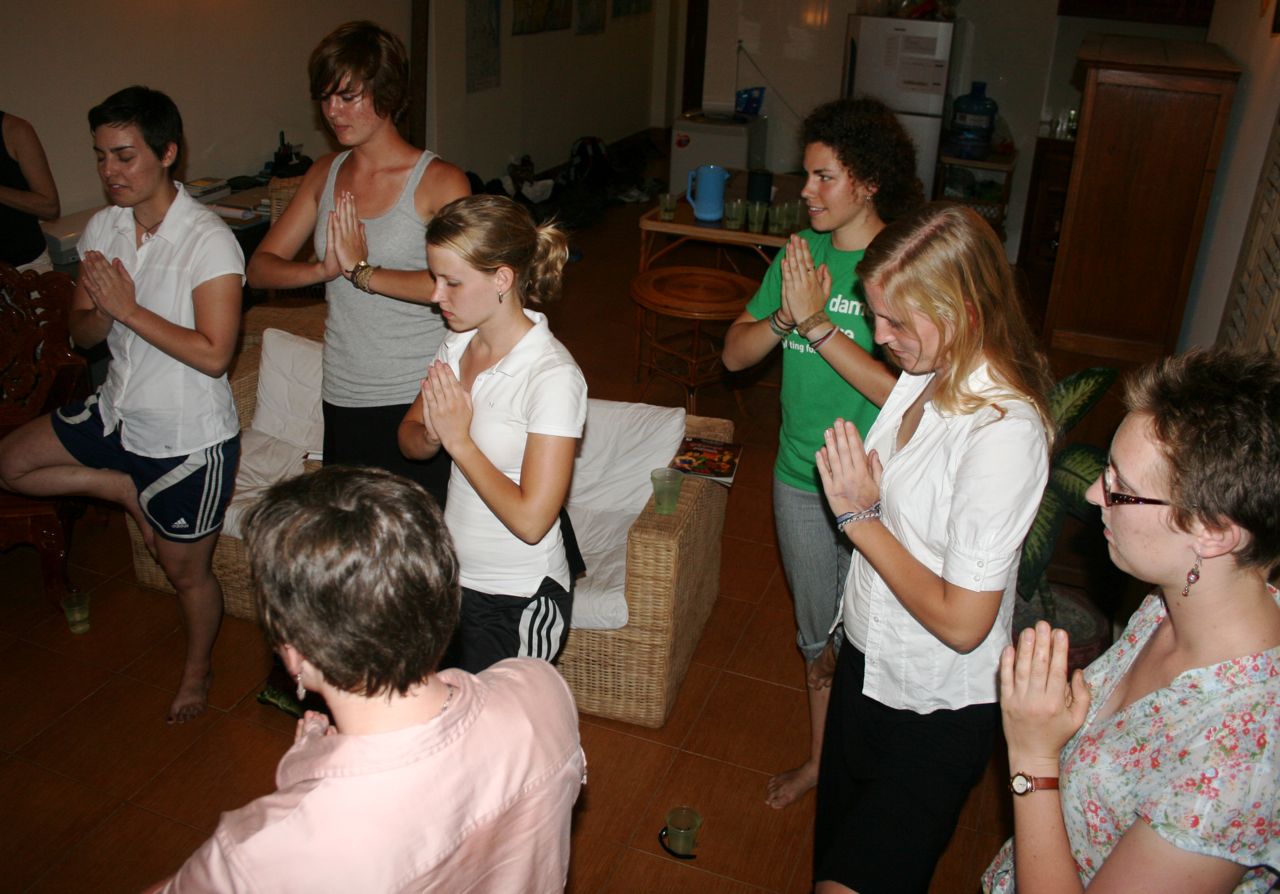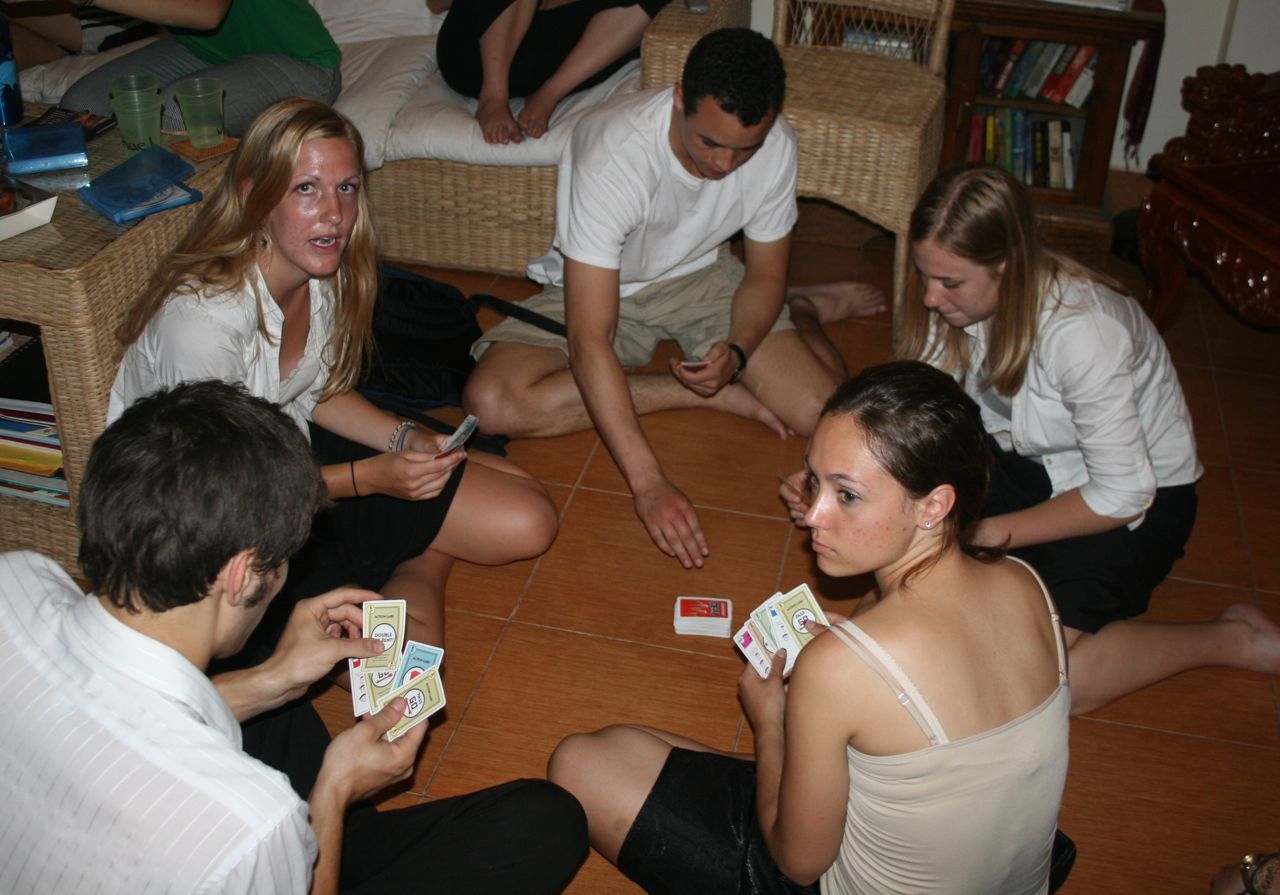Day-to-Day Life in Phnom Penh
This is the first of four blogs we’ll post in the next 24 hours, so please watch for additional updates related to our weekend trip to Siem Reap and Angkor Wat. Some of the photos here are from before and some are from after the Siem Reap adventure. Lectures continue to be pretty remarkable, in terms of the calibre of people speaking to the group and their honesty about Cambodian politics, history, and social issues. Our third full week of class included a lecture by parliamentarian Mu Sochua, a controversial figure who is quoted almost daily in the Cambodian and international press.Sochua spoke with us about health issues in Cambodia, and particularly about women’s health. At our request, she also told the story about her run-ins with Prime Minister Hun Sen, who last summer sued her for defamation of character. She faces a fine or six-month jail term, and said she plans to serve her time in prison rather than pay the fine. Sochua is part of the Sam Rainsy party, the “opposition party” in relation to the ruling Cambodian People’s Party, and frequently speaks up in Parliament or in the press for justice and human rights issues.
We also heard from Mennonite Central Committee Country Directors Shari and Bud Yordy, and from Lana Miller, MCC’s Southeast Asia Co-Director. MCC is a vital part of the SST program in Cambodia, providing consultation on a range of issues, helping us make contacts with lecturers and host families, and allowing us to get our foot in the door with other NGOs. We’re grateful for MCC’s many contributions to making SST Cambodia possible.
We also heard from French lecturer Henri Locard, who had earlier accompanied us to the Extraordinary Chambers of the Courts of Cambodia and also to Tuol Sleng (the S-21 prison). Locard gave a detailed lecture about Cambodian history, and suggested that Cambodia may not exist at all today had it not been for French colonization, given that Thailand and Vietnam both were encroaching on and making claims on Cambodian territory before Cambodia’s leaders requested assistance from France in the 1860s. As noted in an earlier entry and pictured here, Ann and Keith and family had lunch with Locard and several other guests, including future lecturer Kek Galabru, the weekend before his lecture on Cambodian history.
On Monday, February 1, we went to Wat Langka for a lecture on Buddhism by the Venerable Yos Hut Khemacaro, one of the leading Buddhists in the country. The monk spoke about Buddhist practices and Buddhist history, including the almost total elimination of Buddhism during the Khmer Rouge period. Monks were among the primary targets of the Khmer Rouge regime, and at the end of that communist regime’s reign, only several-score Buddhist monks remained alive in the country. As for education, courts, and the political system, Buddhist religion needed to be rebuilt from the ground up. Many people describe Cambodia as largely animist (seeing all natural beings and objects as spiritual in some sense), with a thin layer of Buddhism on top. The Buddhist leader also led us in a meditation practice, where we sought to empty our minds rather than reflect. No one reached Enlightenment that day, but the experience was a positive one and at least two students stayed afterward for more meditation at Wat Langka.
Today (Tuesday for us) we’ll celebrate the 21st birthdays of both Chloe and Sarah, so photos of that will be coming later. Pictured here are some of the guys playing Sei (a game like hackysack, but with a shuttlecock) outside our lecture location at the NGO Forum, a break time at RUPP, and other images from last week’s P’teah Goshen Night prior to our Siem Reap departure. Stephanie led us in a yoga position and reflection as part of the evening’s gathering.
